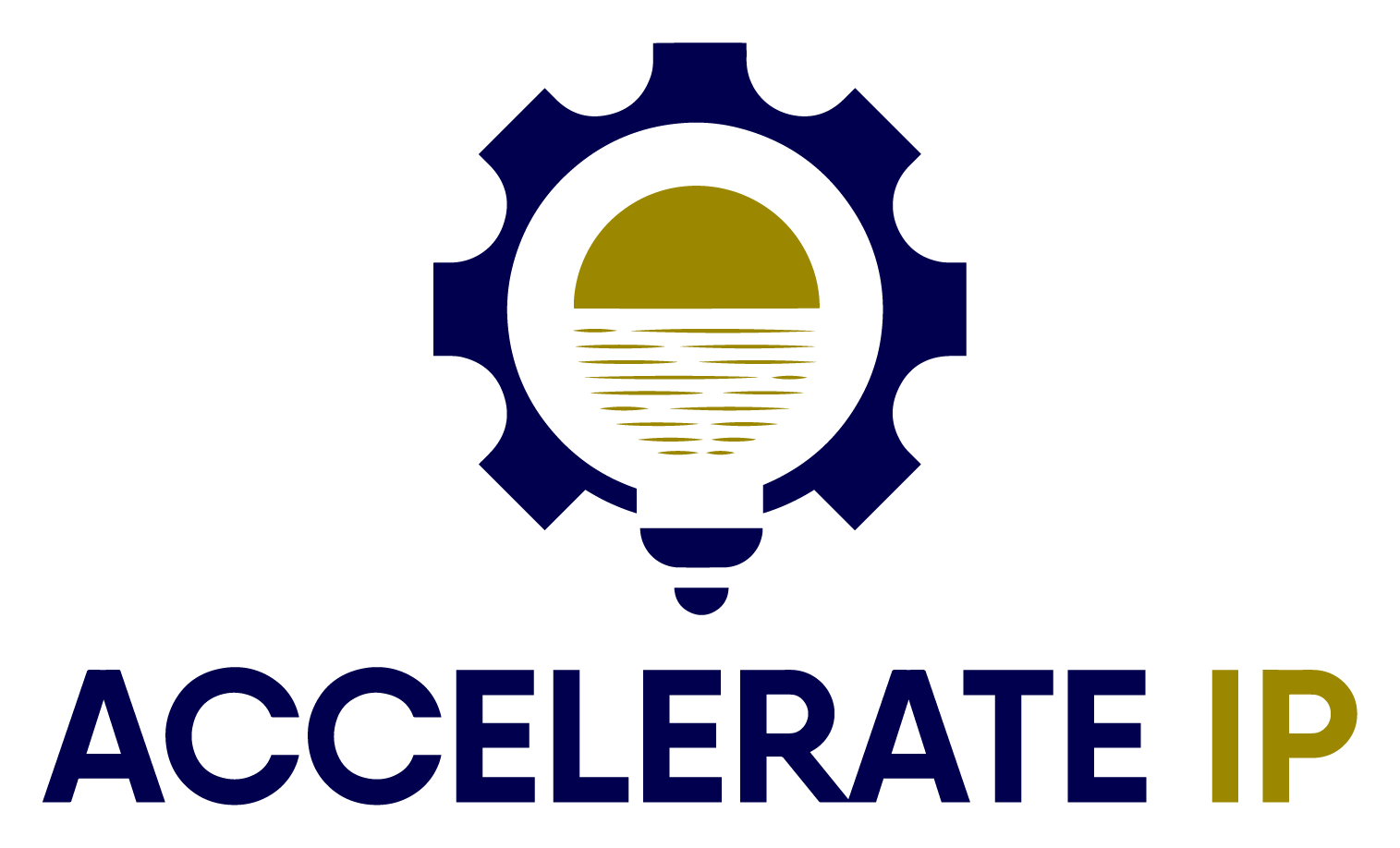Empowering Innovation with Legal Expertise
PCT Patent Applications: Complete Guide to International Patent Protection
What is the Patent Cooperation Treaty (PCT)?
The Patent Cooperation Treaty (PCT) is an international agreement administered by the World Intellectual Property Organization (WIPO) that provides a unified procedure for filing patent applications in multiple countries simultaneously. Established in 1970 and operational since 1978, the PCT now has over 150 member countries, covering most of the world's major economies.
Unlike a regional patent system like the European Patent Office, the PCT does not grant a single "international patent." Instead, it creates a streamlined process for inventors and businesses to seek patent protection in many countries through a single initial application, deferring significant costs and decisions until later in the process.
The PCT system simplifies the complex process of seeking international patent protection by providing:
- A unified filing procedure with standardized requirements
- A preliminary assessment of patentability through international search and optional examination
- Delayed decision-making about which countries to pursue protection in
- Deferred major costs associated with international filings
The PCT Application Process: Two Main Phases
International Phase
The first part of the PCT process involves filing an international application, receiving an international search report, and optional preliminary examination. This phase is managed by WIPO and takes place before entering individual countries.
National/Regional Phase
The second part involves entering the patent examination process in individual countries or regions where you seek protection. Each country examines the application according to its own patent laws, potentially resulting in multiple national patents.
Key Benefits of Filing a PCT Application
Extended Time for Decision-Making
By filing a PCT application, you gain up to 30 months from your earliest priority date (usually the date of your first patent filing) to decide which countries to pursue patents in. This extended timeframe gives you valuable time to assess market potential, secure funding, find partners, or further develop your invention before committing significant resources to multiple national patent applications.
Preliminary Patentability Assessment
The PCT process includes an International Search Report (ISR) and Written Opinion (WO) on the patentability of your invention. These valuable documents help you evaluate your chances of obtaining patents in different countries before investing in national filings. The optional International Preliminary Examination provides an additional opportunity to address patentability issues early.
Deferred Costs
The PCT system allows you to postpone the significant expenses associated with pursuing patents in multiple countries—such as translation costs, local attorney fees, and national filing fees—for up to 30 months. This gives you time to secure additional funding or evaluate commercial potential before making larger investments.
Simplified Filing Process
Through the PCT, you can file a single application in one language and pay one set of initial fees, rather than preparing separate applications for each country. The PCT application follows a standardized format that is accepted by all member countries, reducing the complexity of international filings.
Strong Foundation for National Applications
When your application enters the national phase, patent offices can utilize the work already performed during the international phase. Many countries offer streamlined examination for PCT applications, particularly through the Patent Prosecution Highway (PPH), which can lead to faster and more consistent results across multiple jurisdictions.
Step-by-Step PCT Application Process
Priority Application
Timeline: Day 0 (Priority Date)
Typically, the PCT process begins with filing a national patent application in your home country, which establishes your priority date. While you can file a PCT application directly as your first filing, most applicants file a domestic application first, which gives them 12 months to prepare and file a PCT application.
International PCT Filing
Timeline: Within 12 months of priority date
File your PCT application with a Receiving Office, which could be your national patent office, a regional office like the EPO, or directly with WIPO's International Bureau. The application must be in an accepted language and include a description, claims, any drawings, and an abstract. You'll pay a set of international fees at this stage.
International Search
Timeline: Completed by 16-18 months from priority date
An International Searching Authority (ISA) conducts a search for relevant prior art and provides an International Search Report (ISR) along with a Written Opinion (WO) on the patentability of your invention. This gives you an early indication of whether your invention is likely to be patentable.
International Publication
Timeline: 18 months from priority date
WIPO publishes your PCT application, making it publicly available. The publication includes your application as filed and the International Search Report if it's available at that time.
Optional: Article 19 Amendments
Timeline: Within 2 months of ISR or 16 months from priority date, whichever is later
After receiving the ISR, you have the option to amend the claims of your application under PCT Article 19. These amendments are published by WIPO and will be part of your application when it enters the national phase.
Optional: International Preliminary Examination
Timeline: Demand must be filed by 22 months from priority date
You may request an International Preliminary Examination under PCT Chapter II, which gives you an opportunity to submit amendments and arguments in response to the Written Opinion. This results in an International Preliminary Report on Patentability (IPRP), providing a more detailed assessment of your invention's patentability.
National/Regional Phase Entry
Timeline: 30 or 31 months from priority date (varies by country)
By this deadline, you must decide which countries or regions you want to pursue patent protection in and file the necessary applications, documents, translations, and fees with each national or regional patent office. Each application will then be examined according to local patent laws.
Strategic Considerations for PCT Applications
DO: Consider Your Commercial Strategy
Align your patent filing strategy with your business objectives and target markets. Focus your national phase entries on countries where you plan to manufacture, sell, or license your invention, or where your competitors operate.
DON'T: Ignore Costs
While the PCT defers costs, the total expense of pursuing patents in multiple countries can be substantial. Budget for translation costs, national filing fees, local attorney fees, and ongoing prosecution expenses when planning your international patent strategy.
DO: Choose ISA Strategically
Select your International Searching Authority based on where you're likely to file nationally. A favorable search report from an ISA can influence the examination in corresponding national offices, potentially leading to faster and more consistent results.
DON'T: Wait Until the Last Minute
Although the PCT gives you up to 30 months before entering the national phase, start planning and budgeting for national filings well in advance. Consider which amendments might be necessary based on the search report and preliminary examination.
DO: Use Chapter II When Beneficial
If your initial search report or written opinion raises patentability concerns, consider filing a demand for international preliminary examination. This gives you an opportunity to address issues through amendments and arguments before entering the national phase.
DON'T: Assume Uniform Outcomes
Remember that each country will examine your application according to its own patent laws and standards. An invention considered patentable in one jurisdiction may face different objections in another, and claim amendments may be necessary to comply with local requirements.
Costs Associated with PCT Applications
The PCT process involves several stages of fees that should be carefully budgeted for:
International Phase Fees
- Basic Filing Fee: Approximately 1,330 Swiss francs (reduced rates available for electronic filing)
- International Search Fee: Varies by searching authority, typically 1,500-2,200 Swiss francs
- International Preliminary Examination Fee (optional): Varies by examining authority, typically 600-2,000 Swiss francs
- Attorney Fees: For preparing and filing the PCT application and responding to any issues
National/Regional Phase Fees (per country/region)
- National Filing Fees: Vary significantly by country, from a few hundred to several thousand dollars
- Translation Costs: Substantial for non-English speaking countries, typically based on per-word rates
- Local Attorney Fees: Required in most jurisdictions for correspondence with local patent offices
- Examination Fees: Many countries charge separate fees for examination
- Grant and Maintenance Fees: Paid upon patent grant and periodically throughout the patent term
Fee reductions are available for certain applicants, including individuals from developing countries, small entities, and academic institutions, depending on the patent office.
PCT vs. Direct Foreign Filing: When to Use Each Approach
| Factor | PCT Application | Direct Foreign Filing |
|---|---|---|
| Timeframe for Filing Abroad | Up to 30-31 months from priority date | 12 months from priority date |
| Initial Costs | Moderate international filing fees | Higher immediate costs for multiple countries |
| Total Costs | Can be higher due to additional PCT fees | Potentially lower overall if filing in few countries |
| Speed to Grant | Slower (30+ months to begin national examination) | Faster (examination begins at 18-24 months) |
| Preliminary Patentability Assessment | Yes (international search report and written opinion) | No unified assessment (varies by country) |
| Best Suited For |
|
|
Helpful Resources for PCT Applicants
- PCT Applicant's Guide - Comprehensive guidance on all aspects of the PCT system
- WIPO PatentScope - Search database for published PCT applications
- ePCT - WIPO's electronic filing and management system for PCT applications
- PCT Forms - All official forms needed for PCT filing and prosecution
- Time Limits for National Phase Entry - Country-specific deadlines
- PCT Webinars and Seminars - Educational resources about the PCT system
- PCT Newsletter - Latest updates and information about the PCT system
- USPTO PCT Resources - Information for US applicants
- EPO PCT Resources - Information for European applicants
- IP Australia PCT Guide - Information for Australian applicants
Disclaimer
The information provided on this page is for general informational purposes only and does not constitute legal advice. This content should not be used as a substitute for competent legal advice from a licensed attorney in your jurisdiction. Patent laws vary by country and region, and specific legal situations require personalized professional guidance. Please consult with a qualified patent attorney before making any decisions regarding patent protection strategies, PCT applications, or international patent filings.
Last updated: April 2025

